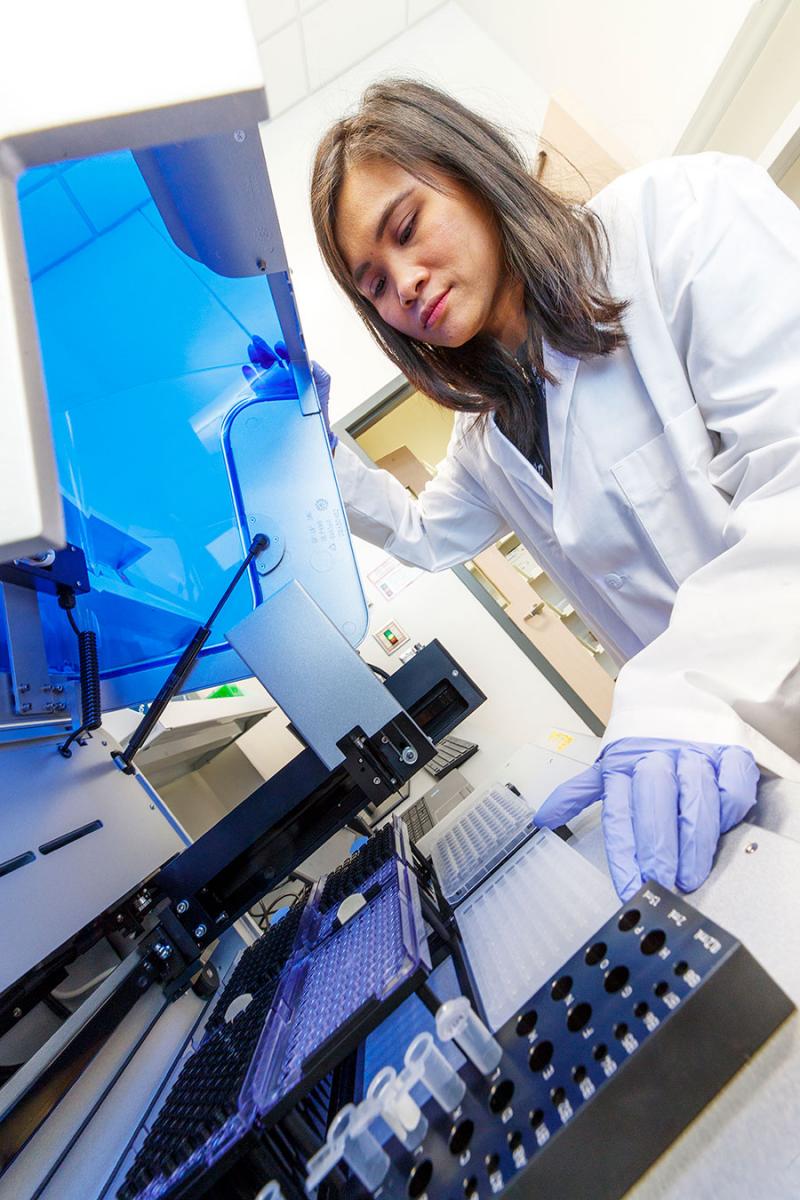Taking care of your pets’ health, lab tests for pets plays a vital role. Veterinary laboratories provide crucial insights for companion animals.
Through this guide, we’ll learn about the value of lab diagnostics and highlight key tests.
Understanding Veterinary Labs for Pets
Pet testing facilities specialize in processing samples to guide treatment plans. These labs use advanced technology to support better medical decisions.

Primary functions of veterinary labs include:
- Diagnosing conditions promptly: Supports better outcomes.
- Tracking chronic diseases: Supports long-term health strategies.
- Validating health improvements: Helps refine care approaches.
Common Veterinary Tests for Dogs and Cats
Diagnostic centers for pets specialize in diverse diagnostics to evaluate pet health. Common diagnostics include:
- Biochemical testing: Evaluate overall health.
- Urinalysis: Identify kidney problems.
- Stool analysis: Spot infections.
- Allergen identification: Support long-term comfort.
- Imaging diagnostics: Spot tumors.
laboratório veterinário popular
laboratorio veterinario abc
The Benefits of Regular Veterinary Testing
Frequent health screenings helps prevent serious issues. With early warning signs identified, they stay happy and healthy.

Key reasons for routine testing include:
- Longer, healthier lives: Keeping them thriving helps pets maintain their vitality.
- Avoiding expensive emergencies: Managing minor issues promptly saves on emergency care.
- Confidence in their well-being: You’ll know they’re cared for.
Conclusion: The Value of Veterinary Labs for Pet Health
Animal health testing facilities are an invaluable resource in protecting your furry friend’s health. With routine checkups, you’re giving your pets the best chance at a happy, healthy life.
Don’t wait—take action now to help them live their best life!